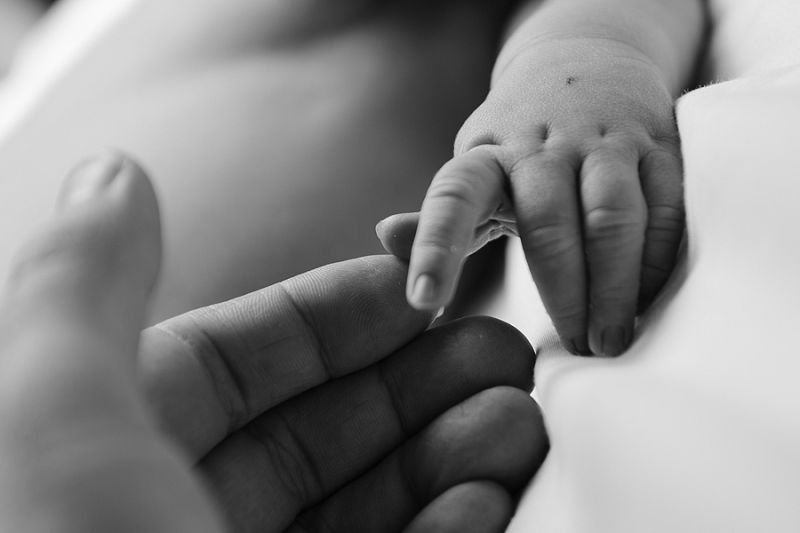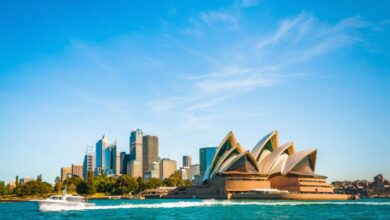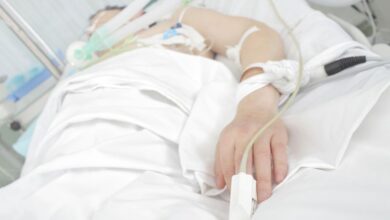Pope Francis confirms Vatican envoy’s visit to China in wide-ranging interview
 Pope Francis sits quietly during a meeting with students at the Portuguese Catholic University in Lisbon, Portugal, on Aug. 3, 2023. / Vatican Media
Pope Francis sits quietly during a meeting with students at the Portuguese Catholic University in Lisbon, Portugal, on Aug. 3, 2023. / Vatican Media Rome Newsroom, Aug 4, 2023 / 12:15 pm (CNA).
In a newly published interview, Pope Francis described the ongoing Synod on Synodality as fulfilling “the dream of Paul VI” and underscored that the process is about recovering a lost form of ecclesial participation, not changing doctrine.
The Holy Father also confirmed rumors that Cardinal Matteo Zuppi, the Vatican’s special envoy for peace in Ukraine, will soon be visiting China. The pope described Zuppi’s “scheduled stopover” in Beijing as part of the Vatican’s “peace offensive,” which has already included visits to Kyiv, Moscow, and Washington, D.C. The pope said he is considering appointing a permanent representative to serve as a bridge between Russia and Ukraine.
Pope Francis also shared his concerns over what he called “ideological” youth groups and “rigid” priests and seminarians.
“We need normal seminarians, with their problems, who play soccer, who don’t go to the neighborhoods to dogmatize,” said the pope in the wide-ranging interview published by Vida Nueva, a Catholic newspaper based in Spain.
The published interview was the product of a multi-hour discussion between the pope and Via Nueva staff that was held at Domus Santa Maria, the pope’s Vatican residence. Pope Francis has made it a hallmark of his papacy to give similar wide-ranging interviews to select publications, often making some of his most provocative statements in such contexts.
Synod concerns misplaced?
Regarding the synod, the pope said that he was beginning with what St. Paul VI started when the latter recognized at the end of Vatican II that “the Church in the West had lost the synodal dimension” and created the Secretariat of the Synod of Bishops “to start working on it.”
The pope also shared an experience of speaking to a religious sister who expressed concern to him that the Synod on Synodality, which holds its first universal assembly this October in Rome, would change the Church’s doctrine.
“Tell me, dear, who put that into your head?” the pope said he responded. The synod, he said, “is about moving forward to recover the synodal dimension that the Eastern Church has and we lost.”
The pope also suggested that Synods of Bishops held before his pontificate were too tightly controlled by organizers, and he suggested that controversial topics that have emerged during his own synods, such as the issue of communion for the divorced and remarried at the 2015 Synod on the Family or the possibility of more widespread married priests at the 2019 Pan-Amazonian Synod, were “imposed on us” from the outside.
Responding to a question about a third Vatican Council, the pope said that “things are not ripe” because Vatican II had yet to be fully realized. He said that was because it has been held back by those who call themselves “depositories” of the true faith.
The pope also emphasized that the Church must dialogue with all comers, saying the power of the Gospel is for “everyone,” a mantra that has emerged as a key theme during Pope Francis’ ongoing visit to World Youth Day in Portugal.
Continued warnings about ‘rigidity’
The pope also spoke at length, in multiple responses, about the status of young clergy, seminarians, and pastoral formation for young people.
The pope told Vida Nueva that “rigidity” among young priests, who are good people who want to serve the Lord, comes from fearfulness at “a time of insecurity that we are experiencing.”
“That fear does not let them walk. We must remove this fear and help them,” said the pope, noting how more experienced pastors can “soften” young ideological clerics.
But the pope also said that rigidity is like a shell that “hides a lot of rot.” He said that in multiple dioceses, traditionalism has acted as a façade for “serious moral problems and vices, double lives,” which persist when bishops, in need of priests, accept those who have already been thrown out of other seminaries for “being immoral.”
“I don’t like rigidity because it is a bad symptom of the inner life,” Pope Francis said. The pope also warned about people “who live trapped in a theology manual, unable to get into trouble and make theology move forward.” He said that both movements of “the left and right” create corruption when they stagnate.
Regarding seminaries, the pope spoke of the need for a “humanistic formation.” He cautioned that seminaries cannot be “ideological kitchens,” as they “are to train pastors, not ideologues.”
The pope also said he is “afraid of intellectual youth groups,” without specifying any by name, only adding that groups “linked in some way to right-wing ideologies are perhaps the most dangerous.”
Pope Francis also said that outreach to the youth needs to focus on catching their attention and slowly bringing them closer to Jesus and the Gospel. Focusing exclusively on moral issues, such as chastity, “scares them all away.”
“If it is an ideological pastoral care of the left or the right or the center, that is useless, it is already sick from the beginning and it hurts the young.”
‘Imperialism’ threats
The pope also spoke about the threat of imperialism, which he says has particularly victimized the people of Latin America.
“I speak badly of any empire, whatever the trend. For this reason, I know that I am a stone in the shoe” for multiple interests, the pope said.
But the pope also addressed a form of imperialism within Europe, namely, the imposition of secular values upon countries through the European Union’s headquarters in Brussels. The pope said that when he speaks to leaders from countries resisting these efforts, he tells them, “Please, stay free,” encouraging them to maintain their own unique culture, art, and lifestyle, united with the rest of Europe, “but in diversity.”
Regarding additional papal visits, the pope said that a trip to Kosovo is being worked on, though not defined, and he reiterated that he will not visit major European nations until he finishes “with the small ones.” The pope also confirmed that a return trip to his native country Argentina is “on the program.”




